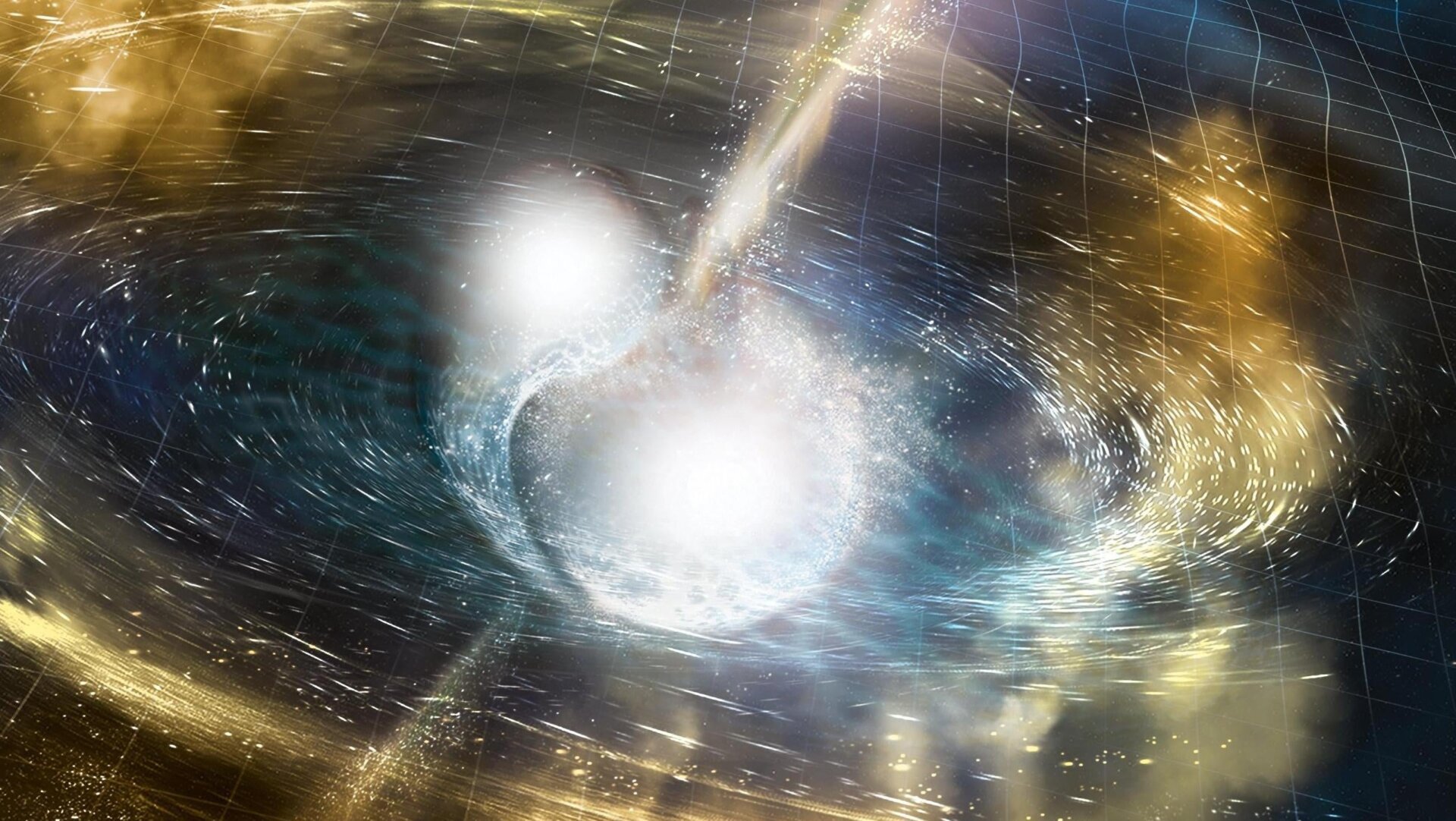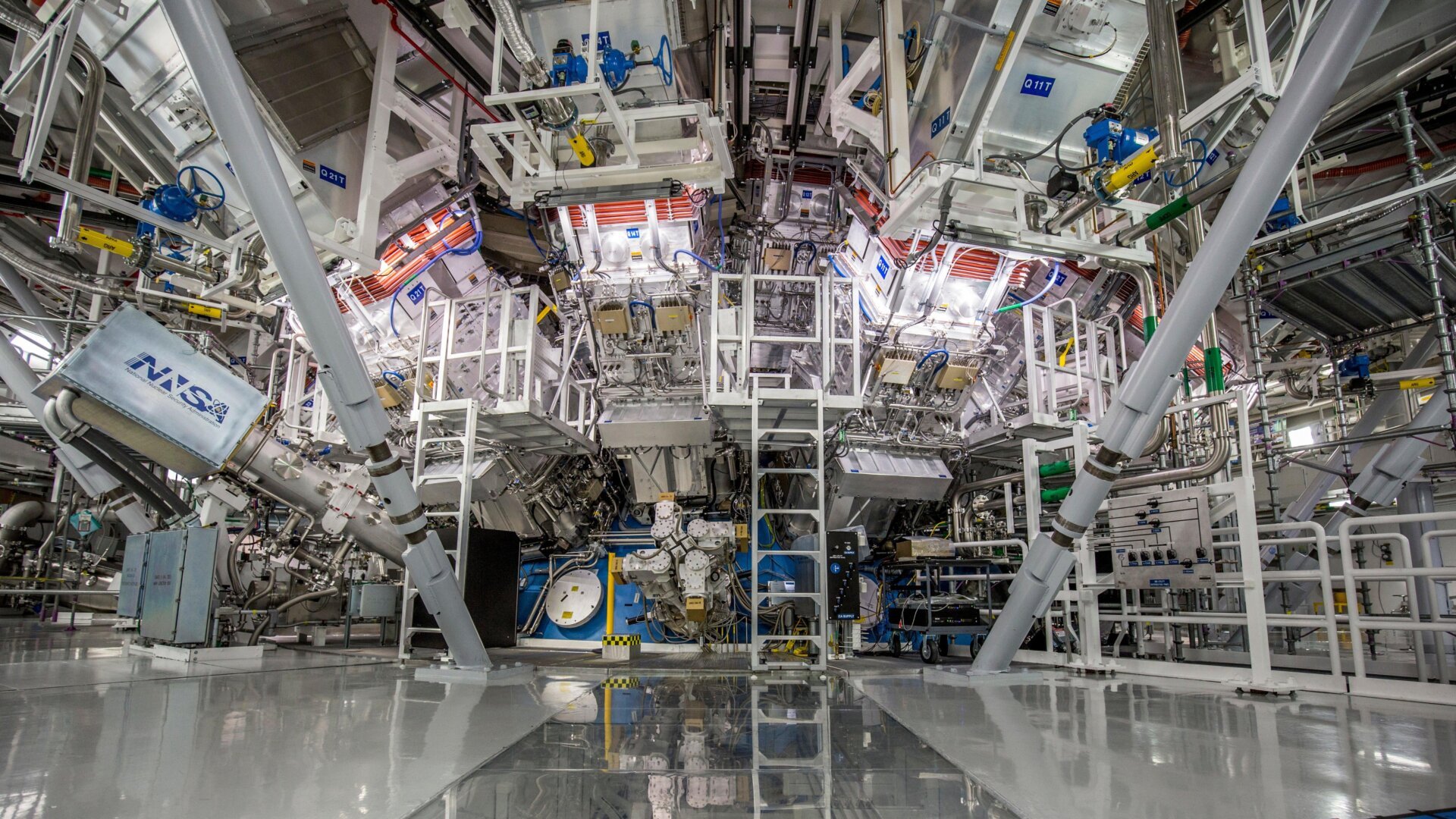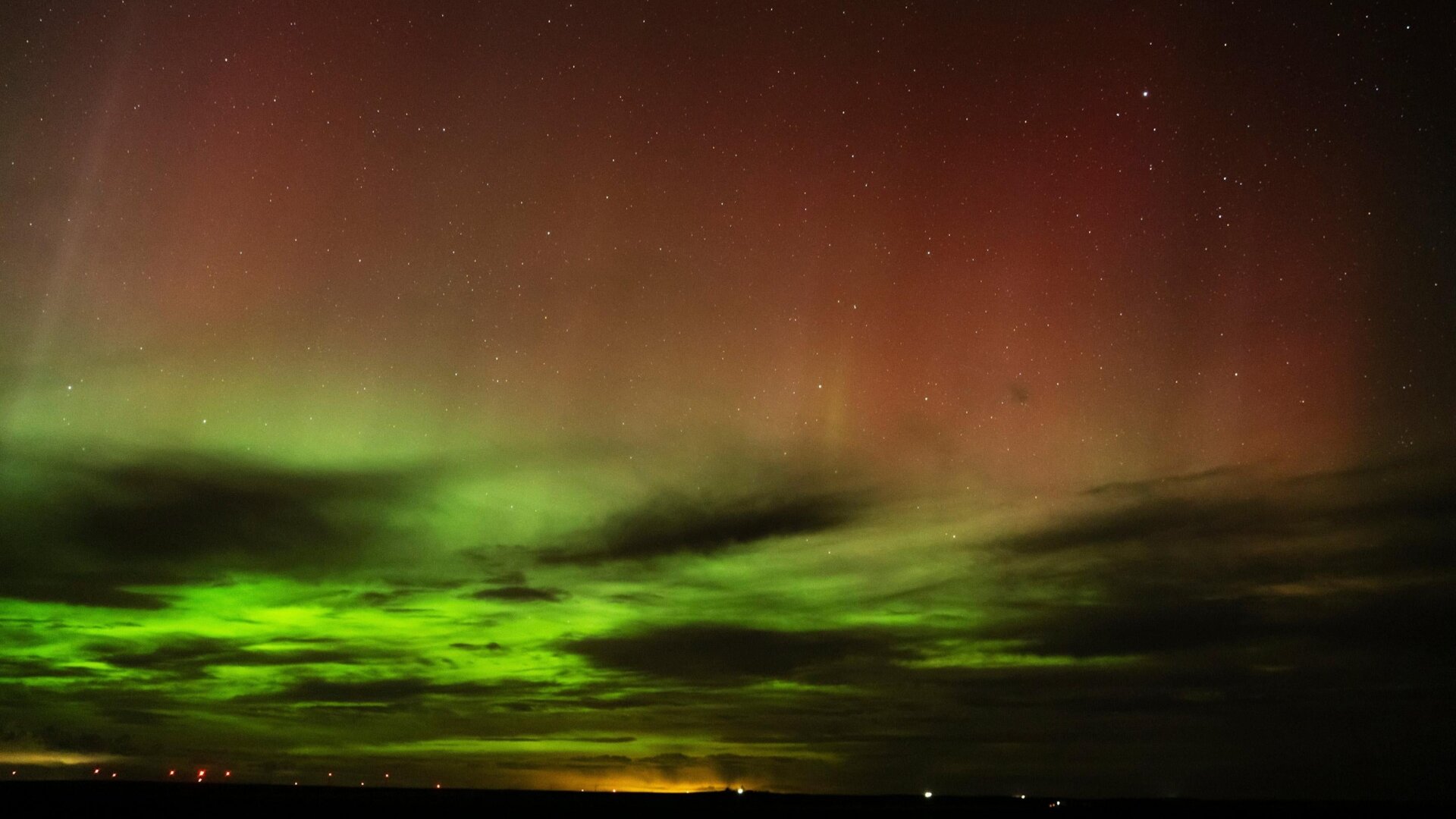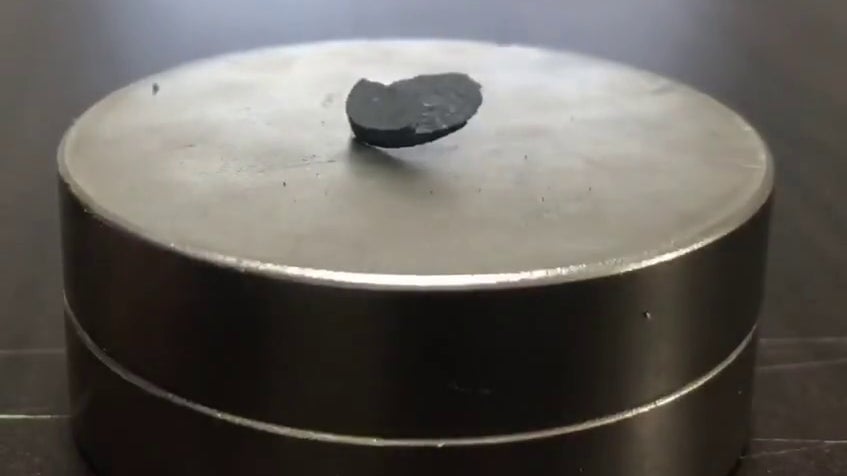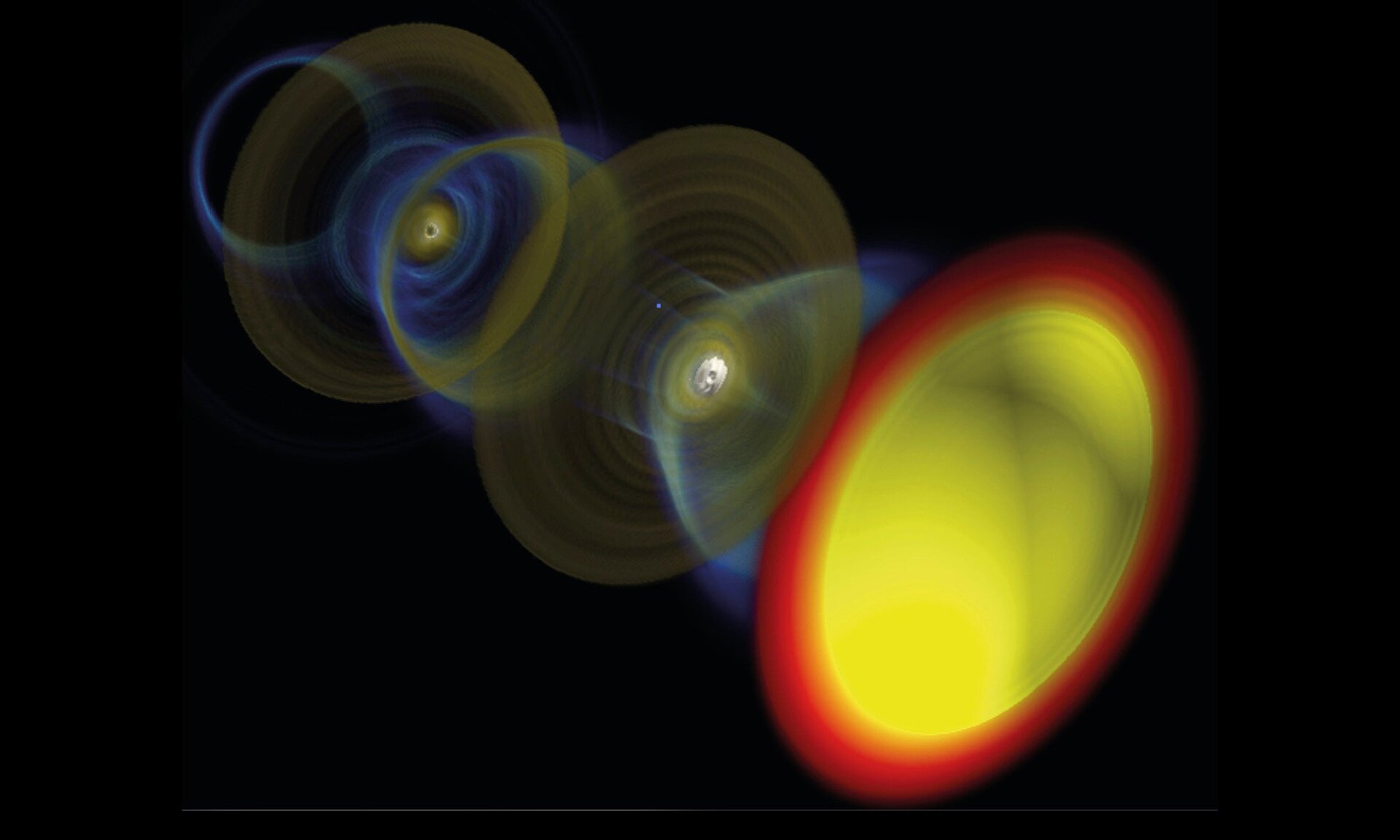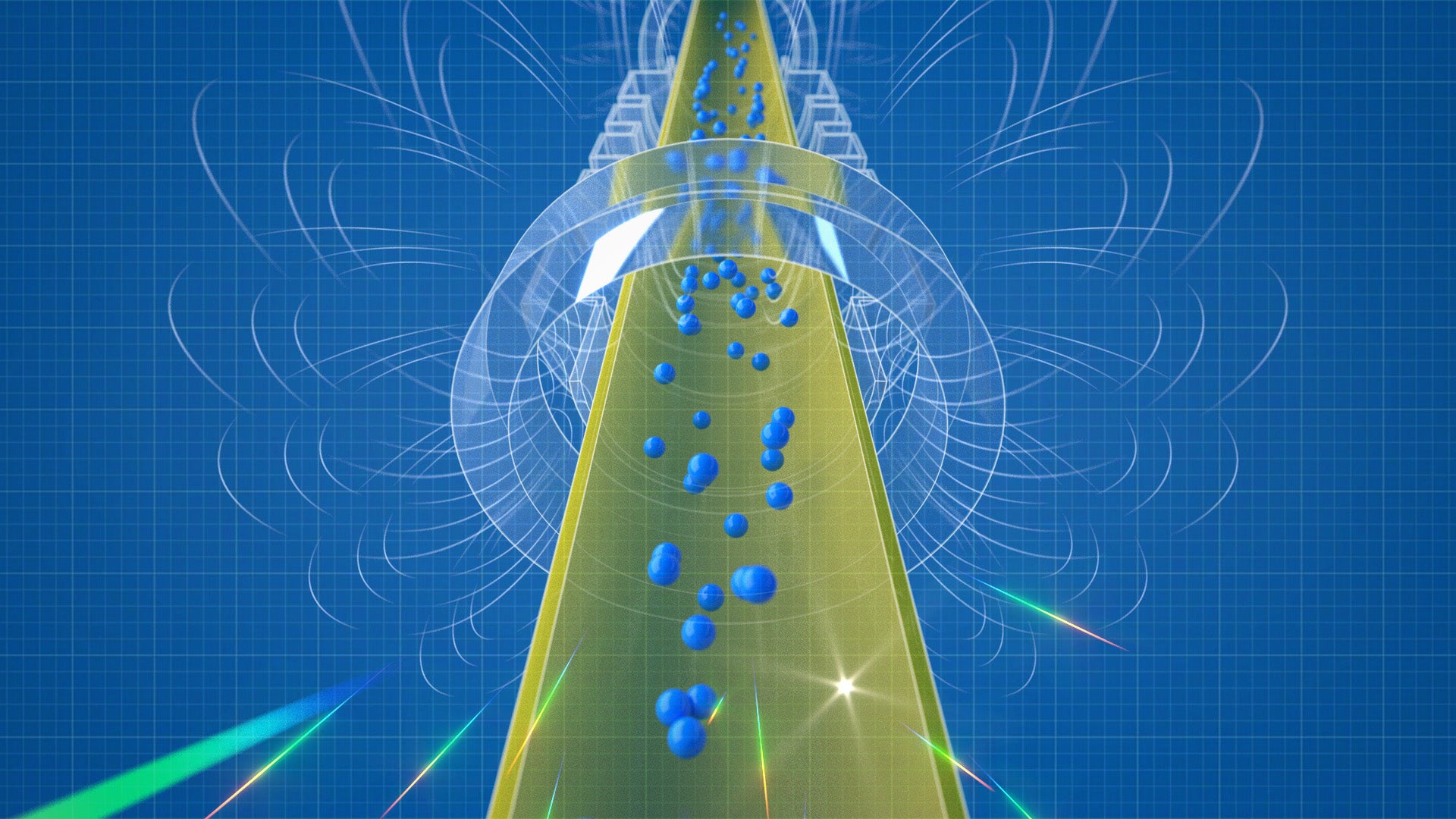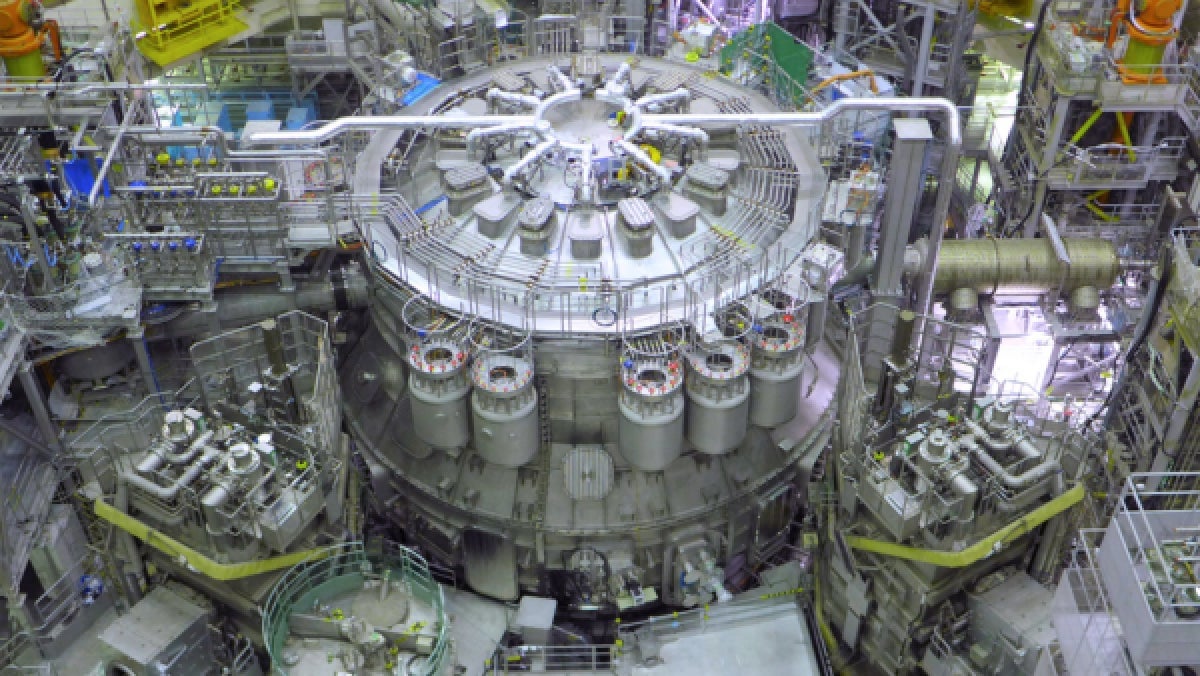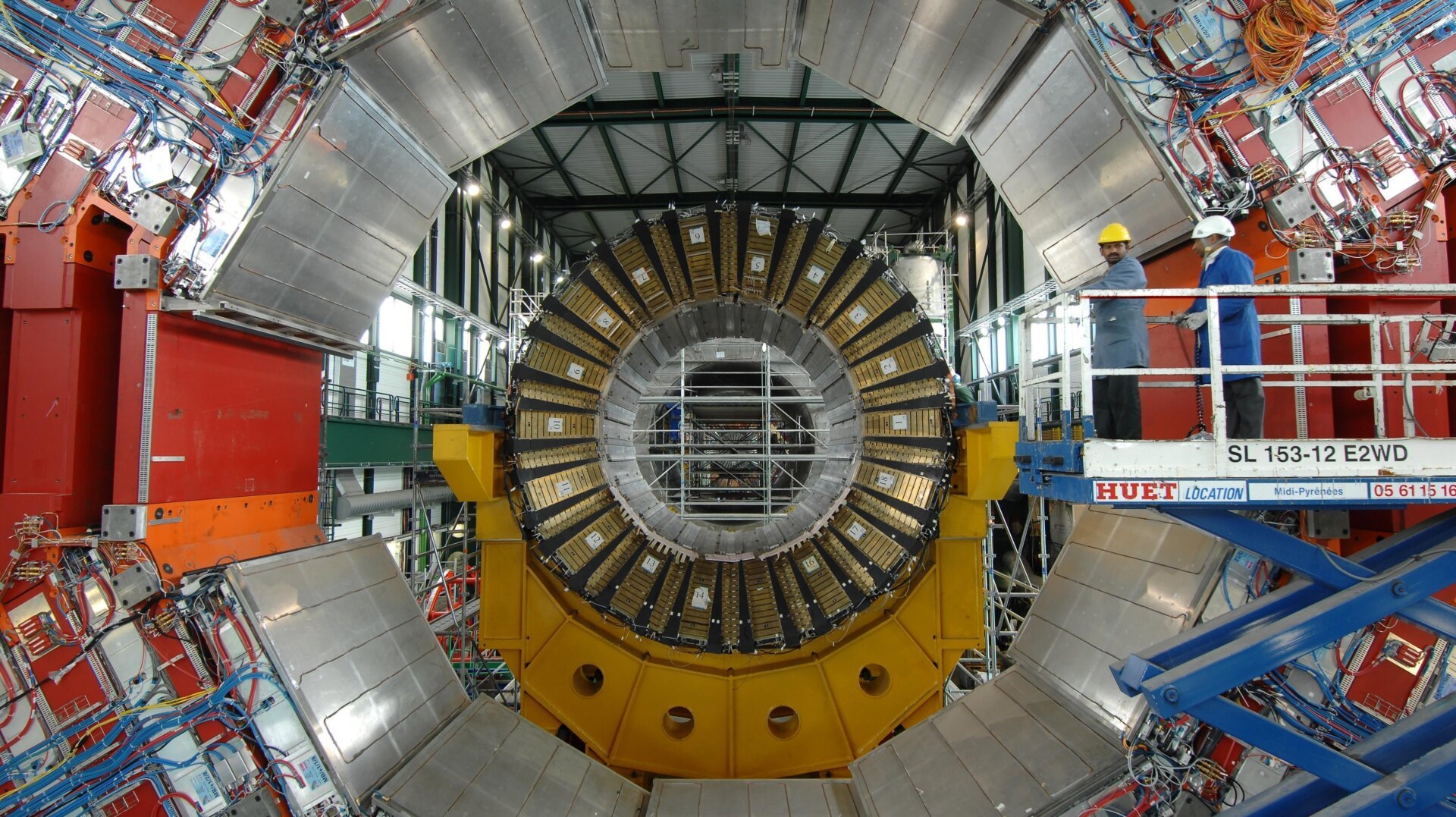The Laser Interferometer Gravitational-Wave Observatory (LIGO) is back online after a significant upgrade, promising a substantial increase in gravitational wave detections. This powerful instrument, working in concert with the Virgo detector in Italy and the KAGRA detector in Japan, is poised to revolutionize our understanding of the universe’s most dramatic events.
LIGO’s groundbreaking detection of gravitational waves in 2016 confirmed Einstein’s century-old prediction, marking a pivotal moment in astrophysics. Gravitational waves are ripples in spacetime, generated by the interactions of incredibly dense objects like black holes and neutron stars. These waves travel across the cosmos, carrying information about their violent origins. LIGO detects these waves by measuring minute changes in spacetime as they pass through Earth. In 2021, researchers even supercooled LIGO’s mirrors to near-absolute zero to further enhance its sensitivity.
Previously detecting gravitational waves approximately once a week, the $35 million upgrade to LIGO’s detectors in Washington and Louisiana is expected to boost the detection rate to one every few days. A key improvement is the addition of new vacuum pipes with mirrors, designed to minimize noise interference and reduce mirror jitter at low frequencies, crucial for detecting subtle movements.
While the Virgo detector in Italy is also undergoing a $9 million upgrade with new vacuum pipes, technical issues have delayed its restart until late summer or early autumn. However, Japan’s KAGRA detector has rejoined the search, resuming operations on May 24 and will participate in LIGO’s new 20-month observation run.
LIGO-India, modeled after the U.S. observatory and partially built with spare parts from the original LIGO, is expected to join the LIGO-Virgo-KAGRA collaboration later this decade. This global network of detectors will significantly enhance the precision of gravitational wave detection by creating a vast, interconnected interferometer.
The growing role of artificial intelligence in astrophysics will further refine future gravitational wave analysis. However, some Earth-based noise is unavoidable. Therefore, the European Space Agency and NASA are planning LISA, a space-based gravitational wave observatory. This ambitious project will involve precisely coordinated spacecraft orbiting in formation, enabling even more precise measurements of the universe’s most powerful phenomena.
The upgraded LIGO, along with its global partners, promises an exciting new era in gravitational wave astronomy, providing deeper insights into the universe’s most cataclysmic events.



